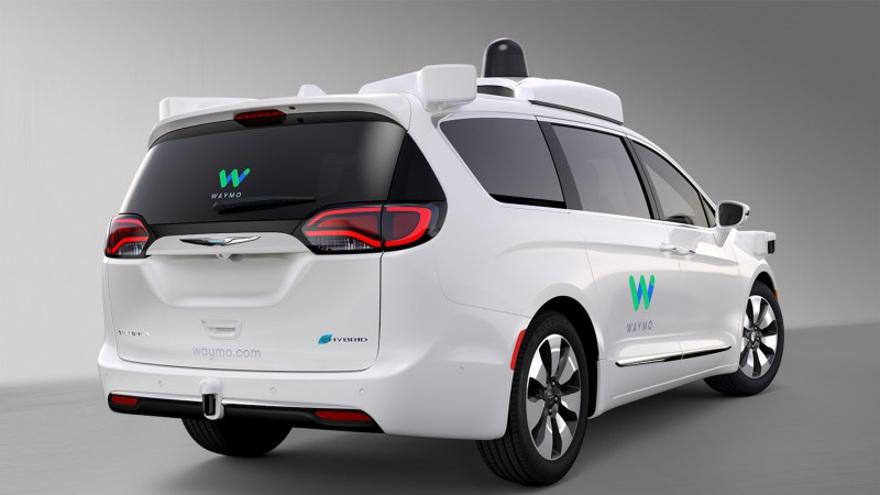Survey: US consumers show reluctance to adopt autonomous vehicles

Waymo’s self-driving Chrysler Pacifica Hybrid. (Image courtesy of Waymo)
By subscribing, you agree to receive communications from Auto Remarketing and our partners in accordance with our Privacy Policy. We may share your information with select partners and sponsors who may contact you about their products and services. You may unsubscribe at any time.
NEW YORK –
Autonomous vehicles have been in the news a lot lately, with headlines ranging from tragic accidents to huge breakthroughs in technology.
With a number of industry leading manufacturers, ridesharing companies and more testing technology at a rapid pace, what remains to be seen in consumers’ appetite for these vehicles of the future.
And that might be a bigger issue for proponents of the technology in the U.S. than in other auto markets.
Interestingly, a recent report from Ipsos showed that although there is widespread interest in autonomous vehicles, the U.S. expresses “higher levels of resistance” than most nations.
The survey, which surveyed more than 21,000 adults across 28 countries, showed that almost one in four Americans “would never use” an autonomous vehicle.
There might be a mismatch in interest versus research as American tech and automotive companies lead the way in autonomous vehicle development, according to Ipsos data.
Subscribe to Auto Remarketing to stay informed and stay ahead.
By subscribing, you agree to receive communications from Auto Remarketing and our partners in accordance with our Privacy Policy. We may share your information with select partners and sponsors who may contact you about their products and services. You may unsubscribe at any time.
Canadian consumers are expressing doubts, as well. According to the survey results, consumer in China are twice as likely to say they “can’t wait” to use autonomous vehicles than Americans or Canadians.
Ipsos analysts explained perhaps part of the challenge in the U.S. is Americans' "strong identity as a car-cutlture."
Survey results showed that nearly six in 10 people in the U.S. consider themselves "car people," while 81 percent feel that the car they drive in some way reflects their personality.
There is also a gap when it comes to trusting autonomous vehicles for the general population, according to a study released in January by Autolist.com, which says that division runs along some interesting lines — suggesting that some groups may be earlier adopters of self-driving cars than others.
Interestingly, a group that tends to show more trust in autonomous vehicles are prospective EV owners, according to Autolist.
“In addition, 20.5 percent more prospective EV owners believe some form of autonomous technology should be allowed by law today,” Autolist noted.
Though the Autolist results did not specify the reasons for trusting or not trusting autonomous vehicles, safety and security could arguably be among the major influences either way.


